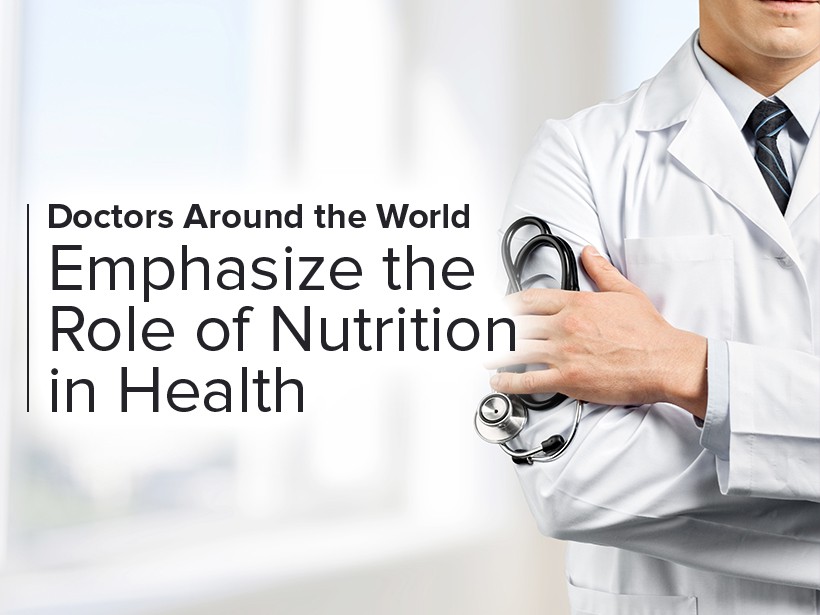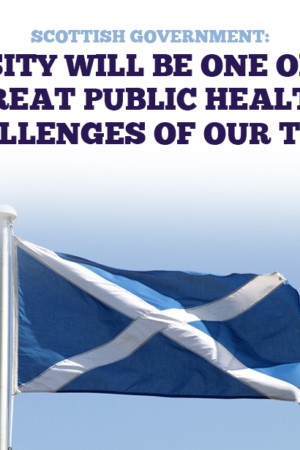If you are lucky enough to be born in a developed nation like the United States, Australia, or any one of the countries that make up Western Europe, it’s likely that you already understand the importance of a proper diet when it comes to staying healthy. However, in countries that have not yet developed a robust educational system, there can be confusion when it comes to understanding healthy eating. Doctors around the globe are emphasizing the importance of nutrition and a balanced diet, and are working directly with their patients to encourage them to eat more fresh foods and lower their sugar intake.
A global issue
Poor nutrition is a global issue. According to research from the Office of the United Nations’ Special Envoy of Health, about half of the estimated 6.3 million childhood deaths that occur around the globe are directly caused by issues stemming from malnutrition.1 Just like each country has its own culture and customs, there are many different nutritional defects that plague our world. For example, in developing nations like the Democratic Republic of the Congo and Ethiopia, issues of malnutrition are often tied to climate issues that make it difficult to grow fresh fruits and vegetables. This can lead to diseases stemming from the lack of certain vitamins and minerals. In countries with an overabundance of food, so-called “diseases of affluence” come to the forefront of nutritional issues. The United States, for example, has a surplus of food, a large percentage of which is calorie and carbohydrate-laden. This fact, when combined with a largely sedentary culture, has caused the US to become the most obese nation in the world.2
How one doctor is committed to helping end malnutrition
In the third world, education is one of the most powerful tools when it comes to combating malnutrition. Luckily, the commitment of doctors around the world is helping to eliminate these issues. One doctor in India, Dr. Soundarrajan, noticed that many of the pregnant women who entered his practice were suffering from anemia thanks to a lack of vegetables in their diets. Instead of lecturing them, he began to grow his own organic garden right in his practice and used the produce to help educate his patients on how to nourish their bodies.3 this doctor’s selfless crusade is just one of the many acts around the globe that medical professionals are taking to help end the effect of malnutrition on the Earth.
NUTRITIONAL DISCLAIMER
The content on this website should not be taken as medical advice and you should ALWAYS consult with your doctor before starting any diet or exercise program. We provide nutritional data for our recipes as a courtesy to our readers. We use Total Keto Diet app software to calculate the nutrition and we remove fiber and sugar alcohols, like erythritol, from the total carbohydrate count to get to the net carb count, as they do not affect your blood glucose levels. You should independently calculate nutritional information on your own and not rely on our data. The website or content herein is not intended to cure, prevent, diagnose or treat any disease. This website shall not be liable for adverse reactions or any other outcome resulting from the use of recipes or recommendations on the Website or actions you take as a result. Any action you take is strictly at your own risk.
- This Grocery Store Team Lost Over 200 Pounds Using Keto - December 19, 2018
- Treating Diabetes with Weight Loss - December 12, 2018
- Ancient Nutrition Connects With Natural Partners - December 5, 2018



